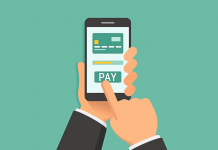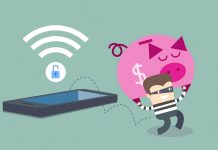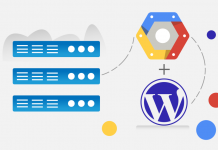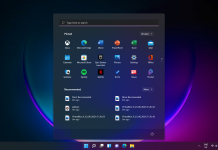How to Stay Safe With Security and Tech
Technology is on a whole new level. You’ll agree that what used to happen five years ago has transformed with tech and hence making the world a better place to live. A good example is accessing NBA standings is faster nowadays than before.
Security and technology is one vital aspect that helps all spheres of life, including business, social life, and private life.
Below are some tips to help you stay safe in the digital age:
Use a Strong Password and Multi-factor Authentication
A strong password is crucial to protect your online accounts. Many sites offer multi-factor authentication (MFA), which adds an extra layer of security.
Combine lowercase and uppercase letters, numbers, and symbols to create a strong password. Avoid using guessed words like your name or address.
Keep Your Software up to Date
Keeping your software up to date is one of the most excellent methods to protect your computer against malicious software and other security concerns. Those components include your computer’s OS, browser, and any extra tools you use.
Most software updates include security fixes, so installing them as soon as they’re available is crucial.
Be Cautious About What you Click.
While browsing the web, you may find links to malicious websites. These sites can infect your computer with malware or trick you into revealing personal information. So, it’s essential to be cautious about what you click.
If you’re unsure whether a link is safe, don’t click it. And, be careful about clicking links in email messages and instant messages.
Avoid Public Wi-Fi Networks.
Public Wi-Fi networks are convenient, but they’re not always secure. When you connect to these networks, anyone else on the network can snoop on your traffic.
So, it’s best to avoid entering sensitive information, like credit card numbers, when using public Wi-Fi.
Use a VPN
A virtual private network (VPN) encrypts the traffic and routes it through a server in another location. This makes it more difficult for anyone to snoop on your traffic or track your online activities. And it can also help you bypass firewalls and other restrictions.
There are many different VPN services available, so choosing one that’s reputable and trustworthy is essential.
Be Careful About What You Post Online
Once you post something, it’s out there for good. It’s essential to be cautious about what you post. Avoid sharing sensitive information like your home address or credit card number. Think twice before posting stuff that people can use against you.
Keep Your Privacy Settings Tight
Most social media and online services offer some form of privacy control. So, it’s essential to adjust your privacy settings to limit who can see your information. For example, on Facebook, you can choose to share your updates with only your friends or make them public.
Be Aware of Phishing Scams
Phishing is a digital scam where criminals send emails or messages pretending to be from a legitimate organization. They may trick you into clicking a malicious link or sharing personal information. So, it’s essential to be aware of these scams and know how to spot them.
Don’t Forget About Physical Security
This is as important as digital security. If someone has access to your computer, they may be able to install malware or steal sensitive information. So, it’s vital to protect your computer with a strong password and keep it in a safe place.
Backup Your Data
If you lose your mobile or computer, you’ll be glad you took the time to back up your data. Some ways to do this include using an external hard drive, cloud storage, or even copying essential files to a USB drive.
Backing up your data can also help you recover from a ransomware attack—if you have encrypted your files, you can restore them from your backup.
Be Careful About What You Download
When downloading files from the internet, be careful what you download. Avoid downloading files from untrustworthy sources. Stick to reputable websites and scan any files you download with a virus scanner before opening them.
Verdict
Using the above recommendations, you can help reduce your risk of becoming a victim of online crime. Remember that no security measure is 100% effective, so it’s important to stay vigilant of common scams and attacks.







































